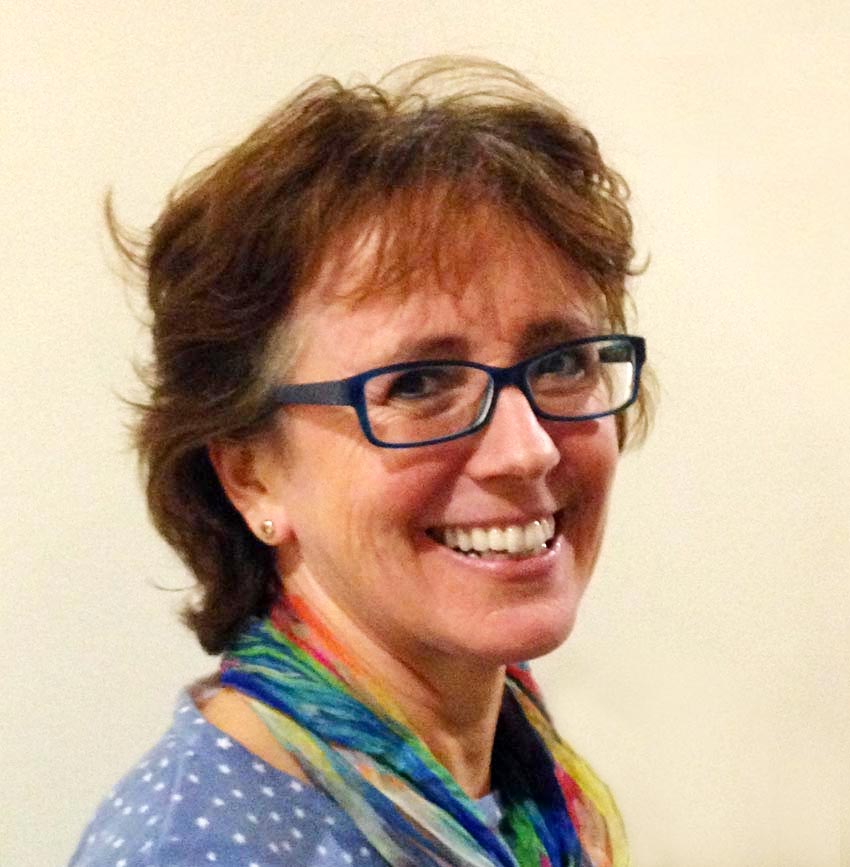
How and/or why did you become a therapist?
I became a therapist because at the core of me is a deep and abiding interest in people. I was a music teacher and overseas development worker/recruiter, bur all the time it was what people are about that interested me most.
What are the most rewarding aspects of being a therapist?
The most rewarding aspects of being a therapist are the contact with individuals who entrust themselves and their difficulties to me and engage with me. To this day, and many thousands of hours on, this feels like an amazing and moving privilege.
What’s unique or special in your background or approach to interpersonal relationships?
I don’t know what is unique or special about my background or approach really. I have done a lot of training and my most recent training incorporates an understanding of the body into psychological processes. This additional training feels to me to ‘complete the jigsaw’ as I have always felt that the body was largely missed out of the picture in terms of other psychological theories and understandings of counselling and psychotherapy. I have found this additional training has enlivened my work and made it more effective more of the time.
What are your favorite or most interesting interpersonal relationship tips/advice?
I don’t give advice. I think people think they want advice but don’t really need it. What they need is to learn to listen to themselves and all that is going on inside. That can be an overwhelming task and feel like a ball of string, but with time and attention, I notice that we find what is going on inside becomes clearer and more illuminated. When more is understood and given voice to, we can feel calmer and more in charge of what is going on. The results of such an encounter with within can be amazing and can feel like the best job in the world.
What are some things about therapy that you want to increase public awareness about?
Therapy can be fun! And ideally is a creative process. That does not mean that it can sometimes be a struggle and very hard going, when things can get harder before they get easier, but it can be fun and celebratory and exciting too. I love engaging in the process of therapy and being open to where it takes me and the other person.
What are some of the biggest mistakes a therapist or patient can make?
Biggest mistakes? I’m sure I’ve made loads. Trying to give advice. Thinking that we have a responsibility to solve another’s problems. Trying too hard. Not being thoughtful or self reflective enough. Not having enough personal space to think and work out what is going on with myself and therefore becoming too pressurised.
Bio
You can learn more about Philippa Smethurst at philippasmethurst.com.